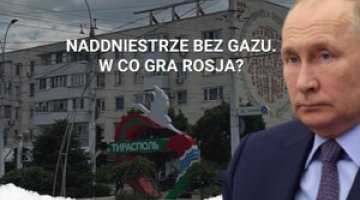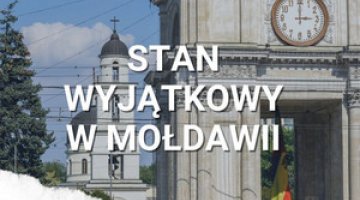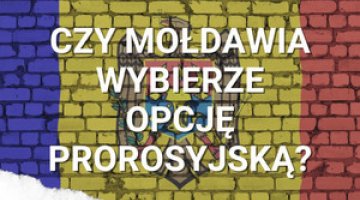FROM ‘VIRTUAL’ TO EUROPEAN DEMOCRACY – the origins and consequences of the political breakthrough in Moldova
Introduction
2009 may become a turning point in the history of post-Soviet Moldova. The country’s political class and society are faced with a fundamental choice. On the one hand, if the Party of Communists of the Republic of Moldova, which has governed the country since 2001, remains in power, this would mean a consoli - dation of the authoritarian rule of the party leader Vladimir Voronin, perpetua - tion of the superficial nature of democratic institutions and a continuation of the manoeuvring between the European Union and Russia (with the increasing risk of falling into the latter’s exclusive zone of influence). On the other hand, the take over of political power by the opposition parties creates an opportunity for Moldova to resume building a democratic, pluralistic political system based on the rule of law and to develop closer links with the European Union within the framework of the European Neighbourhood Policy, including the Eastern Partnership.
This paper is intended to describe the political crisis which emerged in spring and summer 2009 in Moldova against the background of the deeper political and social processes which have been taking place in that country over the past eight years, and to outline the international context in which the crisis deve - loped. The first part of this work describes the evolution of the political system of Moldova under Voronin’s rule. Under Voronin the system began to evolve in a similar direction that the political systems of nearly all the other CIS countries (with Russia as the most important model) had begun to move a decade earlier. The essence of that evolution has been aptly characterised by Andrew Wilson1. According to him this consists of building a facade of democratic institutions and creating an institutional and political context in which the rulers control the electoral process to such an extent that they are able to ensure favourable results for themselves. By 2009 this system in Moldova was not yet sufficiently consolidated to guarantee victory for the incumbents and to deprive the opposition of a chance to win. Thus the conflict over the results of parliamentary elections this April concerned the key issue of whether the ruling party would be able to influence their result so as to guarantee itself four more years in power. This would have enabled the communists to consolidate further the system of ‘virtual democracy’ and deprive the opposition parties of any chance of winning future elections.
The second part of this work concerns Moldova’s relations with the three external actors which are of key significance for the country, namely Russia, the Eu - ropean Union and Romania. It shows how Vladimir Voronin’s tactic of manoeuvring between Russia and the European Union has exacerbated the differences between the Moldovan regime, which was inexorably being pulled into the orbit of Russian influence, and a significant part of Moldovan society, which has been increasingly influenced by the ‘soft power’ of the European Union and Romania.




